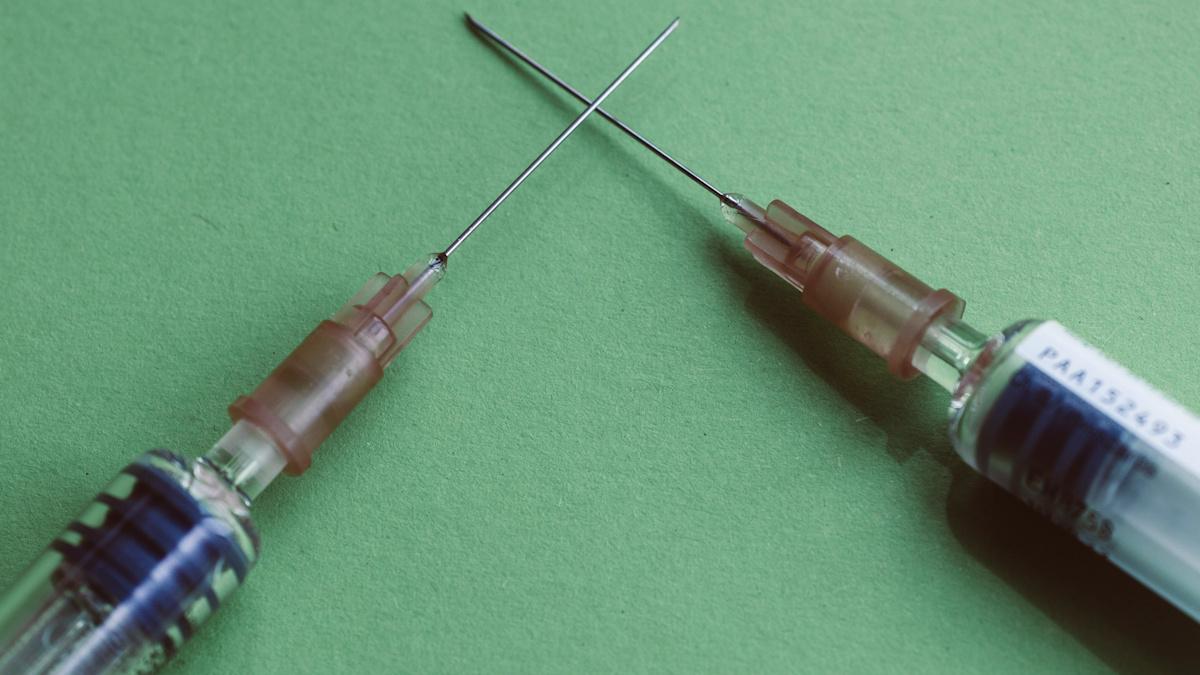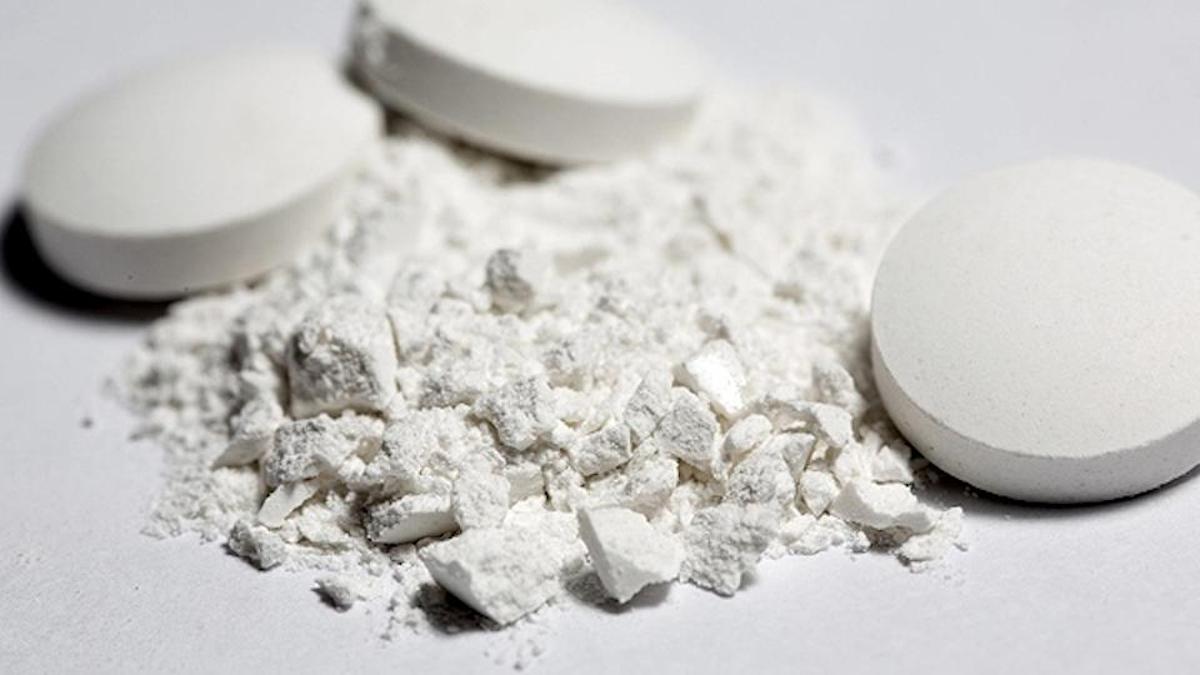MSD says subcutaneous Keytruda matches IV form

A formulation of MSD's cancer drug Keytruda that can be given by subcutaneous injection rather than intravenous infusion has cleared a phase 3 trial, setting up approvals later this year.
The subcutaneous version of PD-1 inhibitor Keytruda (pembrolizumab), formerly known as MK-3475A, features the addition of Alteogen's berahyaluronidase alfa to make it possible to deliver larger volumes of drug material and improve dispersion and absorption.
The 3475A-D77 trial, which was presented at the European Lung Cancer Congress (ELCC), showed that the subcutaneous formulation given as a two-minute injection every six weeks was as effective as a 30-minute infusion of the IV form at achieving levels of pembrolizumab in the body.
Moreover, it showed consistent efficacy and safety results in previously-untreated patients with non-small cell lung cancer (NSCLC), with similar outcomes on objective response rate (ORR), progression-free survival (PFS) and duration of response (DOR), according to the new data, which has also been published in the journal Annals of Oncology.
At the same time, the new version required almost 50% less chair and treatment room time for patients as well as total active healthcare professional time, according to MSD, which is known as Merck & Co in the US and Canada.
Subcutaneous pembrolizumab is already under regulatory review in the US and Europe, with a decision by the FDA due by 23rd September.
If approved per MSD's filing, the new version would become an alternative to IV Keytruda for the full range of Keytruda indications, which span dozens of different cancers and treatment lines.
Along with providing a more convenient treatment option for patients and healthcare systems, it could also help to extend the patent protection for Keytruda, which contributed $29.5 billion of MSD's $64.2 billion global sales last year but is expected to lose market exclusivity before the end of the decade.
The company's rivals in the PD-1/PD-L1 inhibitor category are also developing injectable versions of their drugs, including Bristol Myers Squibb's Opdivo Qvantig (nivolumab), which was approved by the FDA last December and Roche's Tecentriq (atezolizumab). Both these products use a rival hyaluronidase technology provided by Halozyme.
One potential issue in the rollout of these newer versions is an ongoing patent dispute between MSD and Halozyme, which claims berahyaluronidase alfa infringes its intellectual property.
MSD told Reuters that it will launch subcutaneous Keytruda in the US almost immediately after approval, if it is forthcoming, and expects that the new version could eventually account for 30% to 40% of all patients taking the drug.
Photo by Markus Spiske on Unsplash












